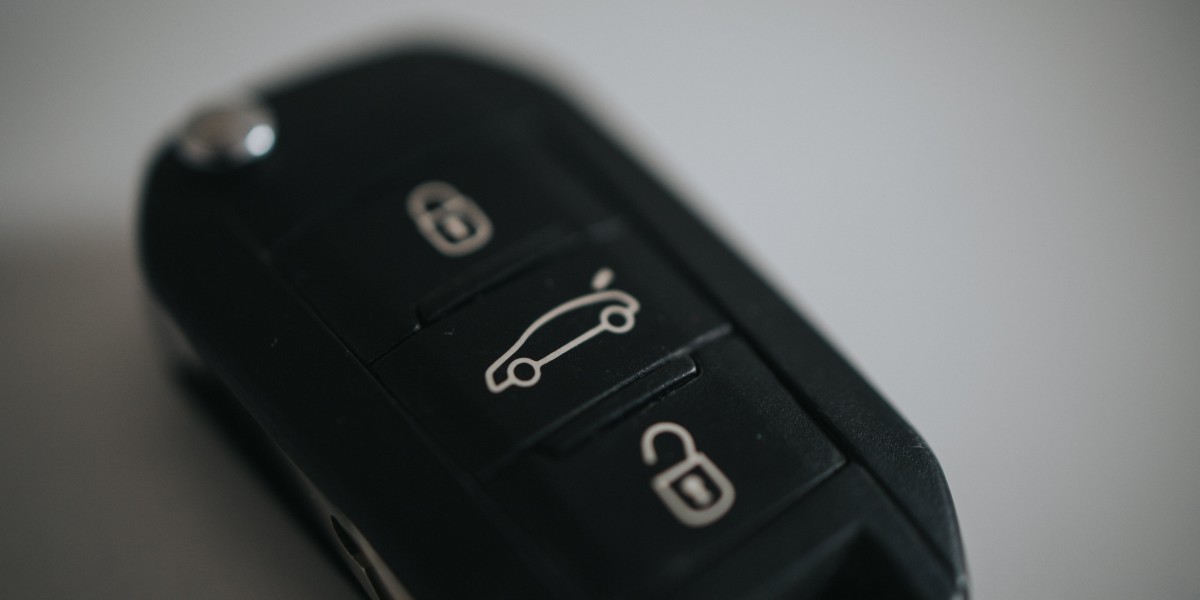
Key Replacement for Cars: A Comprehensive Guide
Losing or damaging a car key can be a discouraging experience. For numerous, the idea of replacing a car key often brings to mind numerous expenses, time spans, and treatments that can quickly end up being frustrating. This guide aims to notify car owners about the types of keys, the replacement process, expenses, and regularly asked questions to help navigate the key Replacement Key Car journey successfully.
Types of Car Keys
Comprehending the type of car key you have is vital when looking for replacements. Here are the typical types of car keys offered today:
| Type of Key | Description | Common Cars |
|---|---|---|
| Conventional Key | A simple metal key with no electronics | Older designs, a lot of standard cars |
| Transponder Key | A key with a chip that interacts with the car's ignition | Most mid-range and more recent cars |
| Remote Key Fob | A key with a push-button control feature, frequently used for locking/unlocking | Common in contemporary automobiles |
| Smart Key | A distance key that permits push-button start without placing the key | High-end brand names and hybrids |
Understanding the Differences
Standard Keys: Often the least costly to replace, traditional keys can typically be duplicated by any locksmith professional.
Transponder Keys: These keys work with your car's ignition system. A replacement needs programming to sync with the vehicle, which might include going to a dealership or specialized locksmith professional.
Remote Key Fobs: In addition to opening the doors, these keys can also consist of features like a panic button or trunk release. They usually require replacement car fob and programs from a dealer or a specialized key maker.
Smart Keys: Smart keys add an additional layer of technology, enabling keyless entry and start. Changing these can typically be the most complicated and expensive due to the innovative innovation included.
The Key Replacement Process
Changing a car key is not as uncomplicated as simply picking up a copy at the nearest hardware store, particularly for transponder keys, remote fobs, and clever keys. The steps normally include:
Identifying the Type of Key: Determine what kind of key your vehicle utilizes.
Gathering Necessary Information: To replace your key, you may require:
- The Vehicle Identification Number (VIN)
- Proof of ownership (title, registration)
- A legitimate ID
Selecting a Replacement Option: There are several avenues to explore:
- Dealership: Often the most pricey choice, but guarantees proper shows.
- Independent Locksmith: Can often manage transponder keys and fobs at a lower cost.
- Online Services: Some companies provide cutting and setting services through mail but validate they're trusted to prevent rip-offs.
Setting the Key: The brand-new key needs to be set to deal with your vehicle's immobilizer and other electronic systems.
Testing the Key: Once the key is replaced and configured, ensure it works correctly with all aspects of the vehicle.
Costs Involved in Key Replacement
The cost of replacing a car key can vary substantially based upon the type of key, the make and model of the vehicle, and where the replacement central locking key is done. Here's a basic breakdown:
| Key Type | Average Replacement Costs |
|---|---|
| Conventional Key | ₤ 2 - ₤ 10 (Duplicate) |
| Transponder Key | ₤ 50 - ₤ 250 (replacement remote car key & & Programming |
| )Remote Key Fob | ₤ 100 - ₤ 400 (Replacement & & Programming |
| )Smart Key | ₤ 200 - ₤ 600 (Replacement & & Programming) |
Additional Factors to Consider
- Emergency Services: Some locksmiths offer emergency services which can include to the general expense.
- Insurance: Check if your car insurance coverage covers key replacement, as specific policies may include this benefit.
Regularly Asked Questions (FAQs)
1. What should I do if I lose my car key?
If you lose your car key, first check for a spare. If unavailable, locate your vehicle's VIN and proof of ownership, and get in touch with a dealership or locksmith professional for a replacement.
2. Can I replace my own car key?
While some basic keys can be replaced in the house, most modern keys require customized shows that a dealership or locksmith should perform.
3. How long does it take to replace a car key?
The time frame for replacing a car key can vary from 30 minutes to a number of hours, depending on the kind of key and the process required for programs.
4. Are key replacement services available 24/7?
Many locksmith professionals provide 24/7 services, particularly for emergency scenarios. Nevertheless, availability may differ, so it's a good idea to sign in advance.

5. Can I get a duplicate without the initial key?
For standard keys, yes. However, for transponder keys and wise keys, having the initial is frequently needed for proper programming.
Understanding the complicated world of car key replacements is vital for vehicle ownership. By familiarizing yourself with the various kinds of keys, the replacement process, and the potential expenses, you can ensure you are effectively prepared should the need emerge. Whether you choose a car dealership or a locksmith professional, having the right information at hand will make the procedure smoother, conserving both time and tension.






